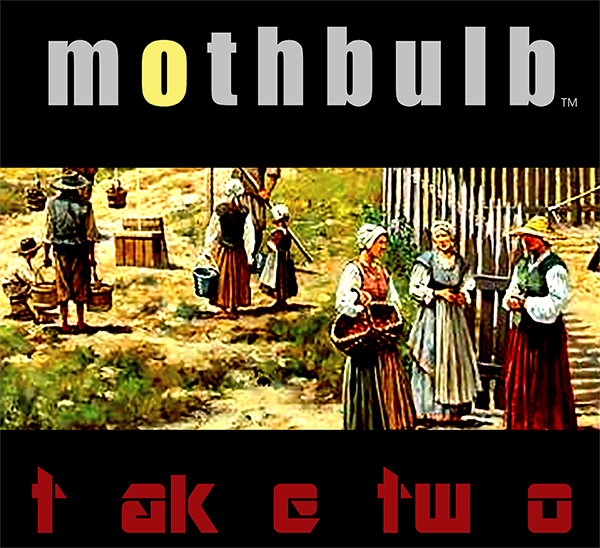It required two weeks of being jostled about a carriage while traveling the rutted roads John Adams took from his home in New England to the President's House in Philadelphia, still the nation's capital. The residence provided the country's newly elected second president came unfurnished. A year's rent of $2,750 would be subtracted from his $25,000 annual salary. At age sixty-one Adams planned a frugal retirement had he not won the presidency as he would have been considered too old to resume practicing law.
The Whiskey Rebellion, a taxpayer revolt in western Pennsylvania was suppressed only when Washington, as president, rode into the region at the head of his troops, bringing the matter to a peaceful resolution. Of greater concern for Washington was the threat to national security brought about by war between Great Britain and France. Both European powers were inclined to block commerce with its adversary, despite signed guarantees protecting trade with neutrals. More than four hundred commercial ships were confiscated by England as they carried goods between U.S. ports and French Caribbean islands, their crews sometimes impressed into the British navy. Similarly French warships confiscated cargo from American ships destined for English ports. Washington, and later Adams, demonstrated skill in reaching a diplomatic solution that required accurately assessing foreign threats and managing domestic anger.
No nation understood the role money played in the creation of wealth better than the British. It was England, after all, that published Adam Smith's economic treatise on capitalism, The Wealth of Nations - that other seminal writing of 1776, along with the Declaration of Independence. It was Hamilton's appreciation of this English proclivity toward investment that led his efforts to tie America's fortunes with Great Britain. Here was a true win-win scenario. The goal of Hamilton's policies as Washington's Treasury secretary was to entice English investors to provide the funding needed to develop America's promise into riches for all. It was this Hamiltonian emphasis on believing the business of America is business that so upset republican revolutionaries such as the philosopher-king, Thomas Jefferson.
How extraordinary it was to live amidst the wilderness dressed in aristocratic finery. It was clear to all you were among society's elite. Truth be told, though, you would never attain the English landed gentry's luxury of idle time. One's wealth in the New World was too much based on speculative land investments and seaborne trade deals of comparable risk. Even once wealthy Federalists of historic note, such as Robert Morris and James Wilson, ended their careers either in bankruptcy or, on occasion, locked up in debtor's prison.
Oliver Wolcott, Hamilton's successor at Treasury, was among a fortunate few American gentry able to afford working full time in public service. Hamilton's leave of Washington's cabinet was prompted by his need to replenish the family's coffers by returning to Wall Street. Washington settled on Timothy Pickering as Jefferson's replacement at State only after the president's first six choices turned him down. No government paycheck could alone cover the expenses of a true gentleman.
The presidential election of 1796 was the first partisan contest for the office now that George Washington had retired to Mount Vernon. Federalists favoring Hamiltonian policies backed John Adams while Republicans had Thomas Jefferson as their champion - competing visions for America guaranteed to draw passionate argument. Still, only a quarter of eligible voters bothered to vote that year. Your polling station may be a great distance from your farm requiring you to travel the better part of the day to cast your ballot, neglecting your chores.
A frontiersman discovers some neck of wilderness to be heaven on earth and returns the following year bringing with him his family and closest friends. In time clan gatherings grow into settlements, often taking the name of its founder, such as Boone. Native people are displaced as the procession of emigrants moves the frontier ever west, over the Appalachians and into the tribal lands of the Ohio Valley.
love
dad
© Tom Taylor









No comments:
Post a Comment